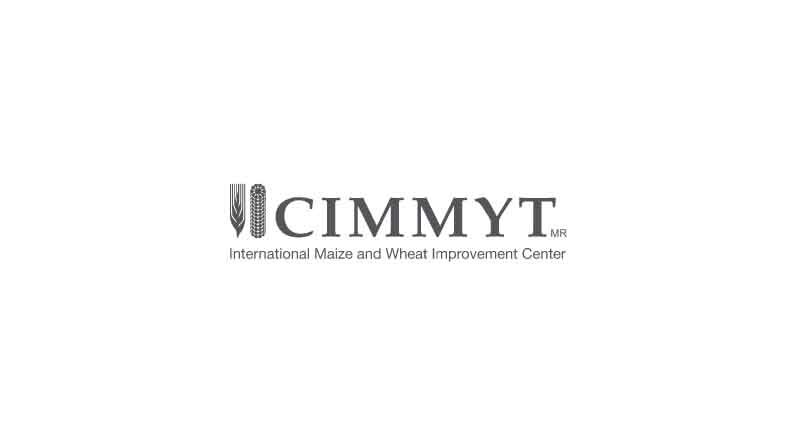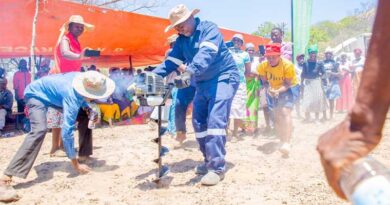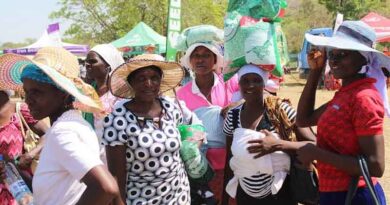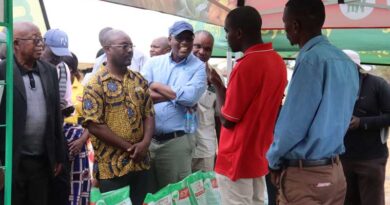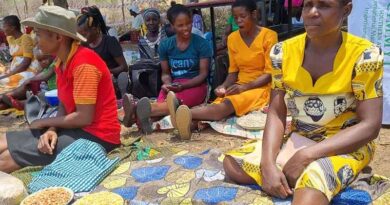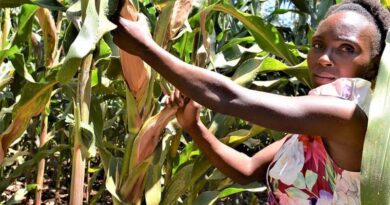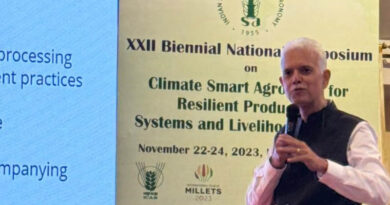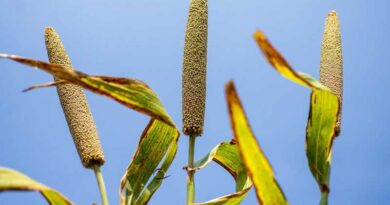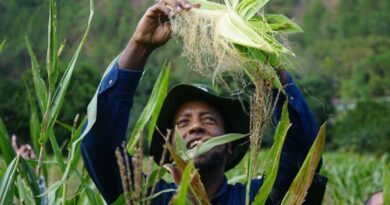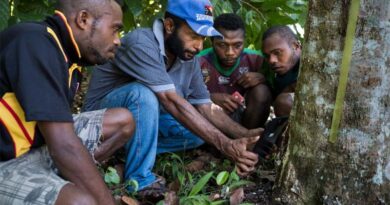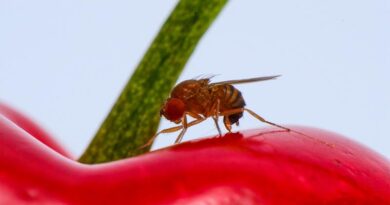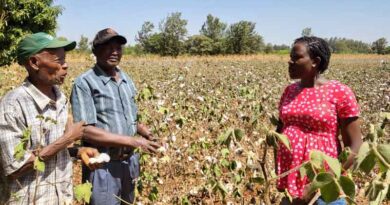Smallholder farmers embrace climate-smart seed and mechanization fairs
15 December 2022, Africa: The long-term climate outlook for sub-Saharan Africa predicts more erratic rainfalls and higher temperatures. For this reason, the rapid uptake of measures to adapt to climate change within seed systems is of paramount importance. In Zimbabwe, the adoption of “climate-smart seed varieties”, environmentally-sustainable and scale-appropriate mechanization is critical to reaching zero hunger in the face of climate change. Farmers in Zimbabwe’s Masvingo district appear to have embraced this goal. More than 1,000 farmers participated in recent R4/Zambuko climate smart seed and mechanization fairs held in the region on October 11 and 12, respectively.
The fairs were organized by the International Maize and Wheat Improvement Center (CIMMYT) in partnership with Zimbabwe’s Ministry of Lands, Agriculture, Fisheries, Water and Rural Development. Financial support was provided by the United States Agency of International Development (USAID), the Swiss Agency for Development and Cooperation (SDC) and the World Food Programme (WFP). With the onset of the 2022/2023 cropping season, the new OneCGIAR Ukama Ustawi initiative will build upon this work to reach thousands more farmers in the area.
One highlight of the fairs was a strong focus on smallholder mechanization, which saw Zimbabwean and international mechanization companies displaying their products. Each demonstrated two-wheel tractors and a range of attachments, from trailers to crop production and harvesting implements. In the words of the District Development Coordinator (DDC) Kenneth Madziva, “It’s important that farmers own machinery that is appropriate to their context as we now need to move into an era of high productivity and efficient post-harvest processing. We also see some of the machinery on display quite relevant for conservation agriculture practices which aligns with the government’s Pfumvudza program.” Mechanizing the manual basin planting system in Pfumvudza to ripline seeding will dramatically reduce the farm labor usually needed to dig the basins while maintaining the key principles of conservation agriculture: no-tillage, crop residue retention and crop diversification.
According to Madziva, “Such initiatives from partners are very welcome, as rural livelihoods are predominantly agriculturally based. There is need to rapidly transition our farmers from a donor dependence to self-sufficiency, hence I am impressed with the number of farmers I have seen buy seed with their own hard-earned money.” The fairs generally strive to achieve two goals: first, ensuring that farmers are well-informed about climate adapted varieties able to withstand climate challenges such as in-season dry-spells and/or heat stress, and, second, that they buy the improved seed directly from private sector partners.
It is hoped that increasing famers’ exposure to scale-appropriate mechanization will translate into increased purchases of the equipment and a move away from the drudgery of both draft or manual production and processing systems. Robin Vikström, the donor representative from WFP also stated that it is high time for smallholder farmer systems be intensified, and mechanization is one of the essential triggers of intensification.
Vikström, speaking on the significance of the events said, “Such initiatives are part of a broader national resilience building strategy where our intention is to enable smallholder farmers to deal with climate shocks and stresses through capacity development trainings, diversified crop production systems, effective and well-governed Income Savings and Lending groups (ISALS) and improved livestock. This is a step forward from our tradition of distributing food, which is still necessary in certain contexts, but has to be progressed to self-reliance. The seed and mechanization fairs facilitate stronger interactions between the farmers and the private sector and furthermore the procurement of the right seed and mechanization for their ecological region. More interaction translates to better product development and increased sales which is a win-win for all stakeholders concerned. This is a major step towards sustainable achievement of food and nutrition security.”
Concerning the long-term plan of the intervention, Vikström added, “The initiative is currently set to run until 2025 with plans already underway to expand to more wards and districts as the development strategy is proving to be yielding significant results.” The seed fairs resulted in the sale of approximately 1.9 metric tons of improved white and orange maize seed, generating over $6,000 in revenue for participating private sector vendors.
Christian Thierfelder, Principal Cropping Systems Agronomist at CIMMYT and Principal Investigator for the program said, “As we expanded this year to different wards, our objective was to first create an educational platform for farmers where farmers could learn more about the various stress-tolerant seed varieties with improved genetics available from the private sector. Secondly, we wanted to create a selling platform for the private sector where various companies could have their products made much more easily accessible to the smallholder farmers. I am happy that the private sector talked about conservation agriculture, which is an important new narrative. Farmers need to grow the right seed in a good agronomic environment for the crop to succeed.”
Although this crop season’s outlook is yet to be officially communicated to farmers, there is high anticipation for a bumper harvest through improved varieties and efficient, mechanized operations and farmers were eager to buy the right seed to reap the benefits of science in their own homestead.
Also Read: GROWiT launches India’s first protective farming eCommerce portal
(For Latest Agriculture News & Updates, follow Krishak Jagat on Google News)

